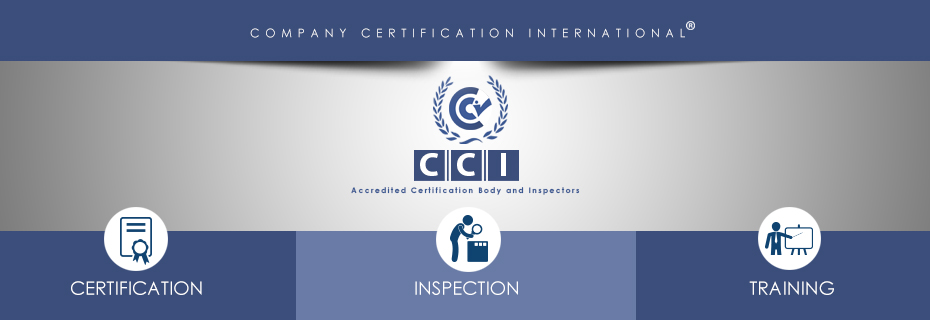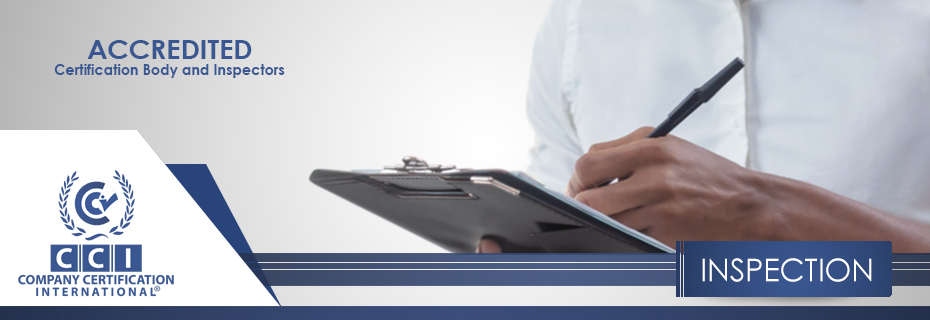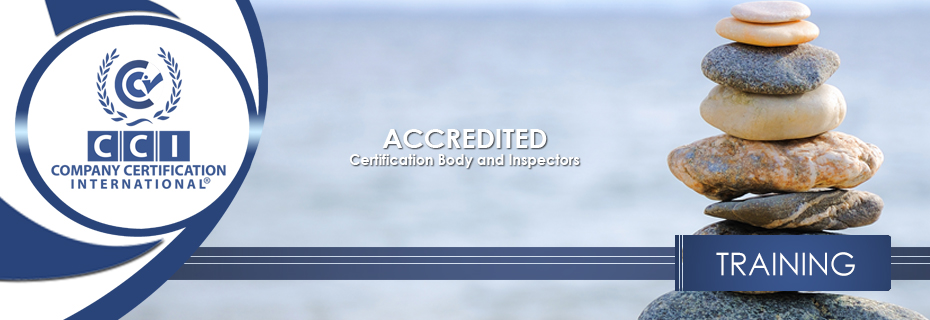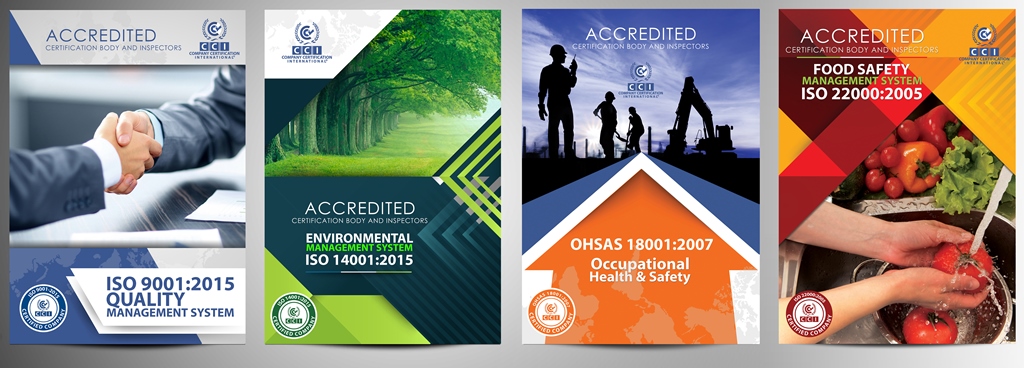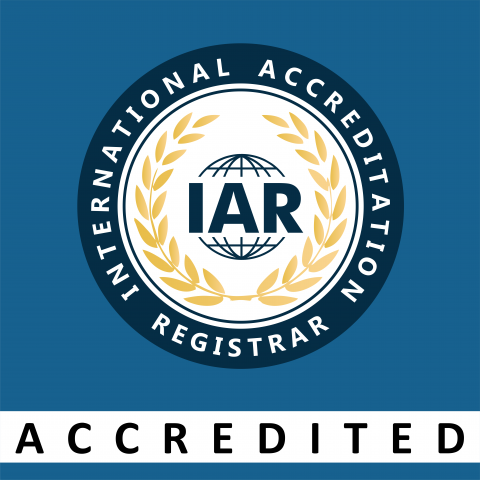Organic Product Assessment
At Company Certification Int., we offer independent assessments for agricultural producers who aim to align their practices with internationally recognized organic farming standards — even if they are not yet certified by an accredited organic body.
Our Organic Practice Assessment is ideal for farmers, processors, and exporters seeking to build trust with buyers and stakeholders through a third-party evaluation of their farming and production practices.
What Is an Organic Practice Assessment?
This service provides a non-accredited, independent evaluation of your farming and processing methods in relation to commonly accepted organic standards such as:
USDA National Organic Program (NOP)
EU Organic Regulation
IFOAM Guidelines
It is especially suited for businesses that are:
Preparing for accredited organic certification
Exporting to clients who require verification of organic-aligned practices
Demonstrating sustainability and chemical-free production
What We Assess
Use of fertilizers, pesticides, and crop protection methods
Soil health and water management
Post-harvest handling and storage
Segregation and contamination prevention
Recordkeeping and traceability
Supplier and input declarations
What You Receive
A formal Independent Organic Practice Assessment Report
A Conformity Assessment Certificate (non-accredited)
Observations and recommendations for improvement
Optional follow-up support or re-evaluation
Important Note
This is not a legal Organic Certification under USDA NOP, EU Organic, or other accredited schemes.
It is an independent third-party assessment based on best practices and available evidence.
Remote & Onsite Services Available
We provide our services remotely or onsite — tailored to your operational needs. No matter your location, our team of experts is ready to support your journey toward sustainability and market credibility.
Ready to Get Started?
Contact us today to schedule your Organic Practice Assessment and take the next step in demonstrating your commitment to safe, chemical-free, and sustainable agriculture.
Email: [email protected]
Website: www.companycertification.com

